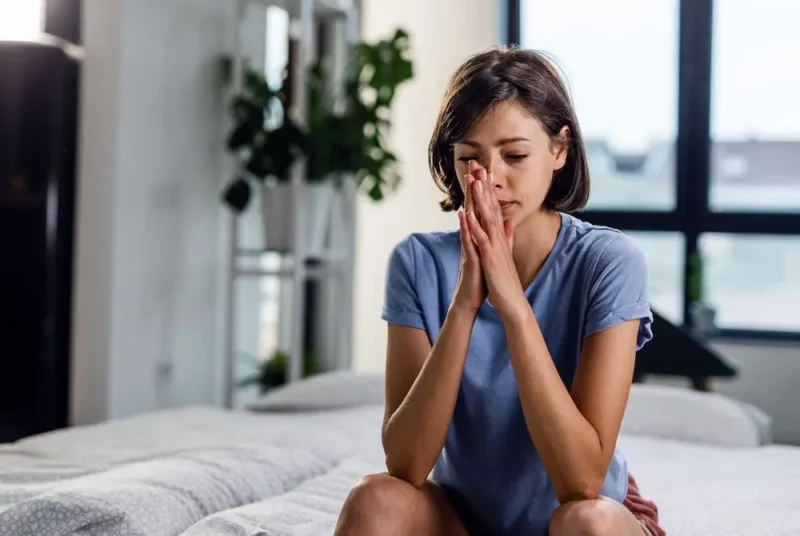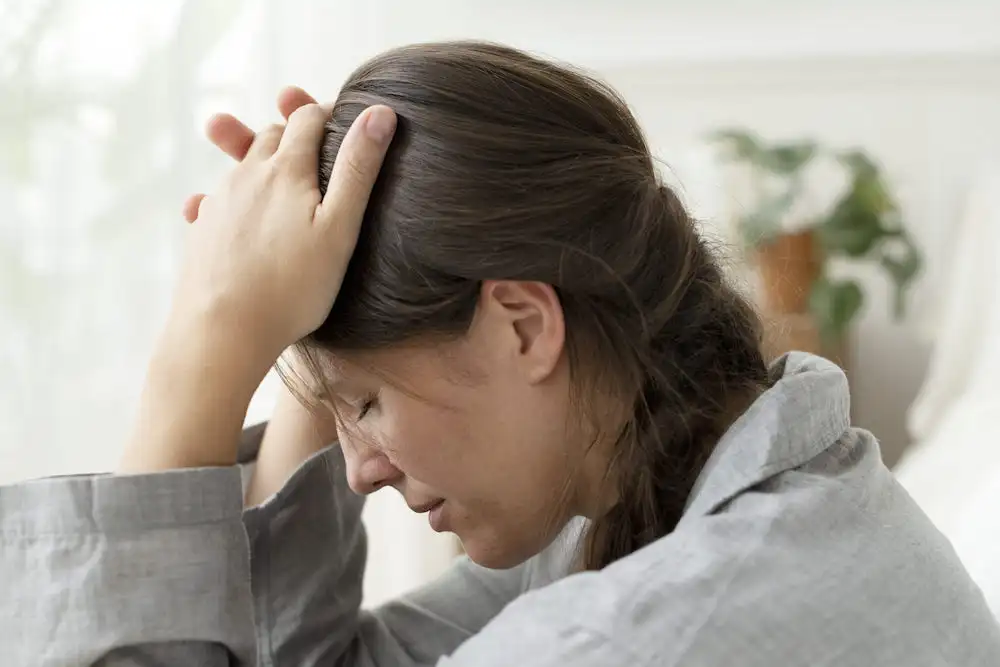Panic Attack Self-Help Guide

Do you know that around 40% of the world’s population experiences a panic attack at some point in their life? But very few of them know that panic attacks can be dealt with by self-help. Yes, you read it right.
The more you learn about panic attacks, the more chances are to defeat them with self-help techniques. If you too are looking for some, this article is for you. Keep reading!
What are panic attacks?
A panic attack is when you start feeling intense anxiety or fear due to some unexpected danger. This intense wave of dread may cause your heart to pound with a rapid increase in your breathing rate. You might feel like you’ll collapse, die or go crazy.
Panic attacks can be a one-time experience but many people also have recurring episodes. Recurrent attacks are triggered when the individual comes across something or someone that has caused an attack previously. Additionally, panic attacks can be an outcome of some disorders like depression, panic disorder, social phobia, etc.
Here are some possible causes and triggers for such an unpleasant experience.
Causes of panic attacks
Although the tendency of having panic attacks runs in families, their exact cause is still unknown. However, the disorder is closely linked to severe stress associated with life transitions. Any experience that causes unnecessary stress, can trigger panic attacks.
For instance, some people panic when they enter a new place, get married or have a baby. Many people experience panic attacks because of the death of somebody they loved, loss of job or divorce, etc.
In short, any traumatic and stressful condition can put you through a panic attack. Here are some signs that help you know when you are having one.
How to know that you are experiencing a panic attack?
The warning signs of a panic attack appear suddenly, often peak in 10 minutes, and end within 20 to 30 minutes. They rarely last longer than an hour.

Here is a list of the signs indicating a panic attack:
- shortness of breath;
- palpitations or a pounding heart;
- flashes of heat or chill;
- having a surreal or disassociated sense of place;
- sweating;
- nausea or stomach discomfort;
- aches and pains in the chest;
- feelings of tingling or numbness;
- feeling faint, woozy, or light-headed;
- shivering, trembling, or choking;
- the fear of passing away or slipping into madness.
If you observe most of these signs, you may be having a panic attack. Here are some helpful techniques that might help you to cater to the situation.
How to help yourself during a panic attack?
If you feel like the onset of a panic attack, practice the following panic attack self-help techniques.
1. Breathe deeply
One of the first mantras of our panic attack self-help guide is deep breathing. It can tamp down the stress response system in no time.
There is no rocket science in deep breathing, all you have to do is to hold your breath for a little longer and then release it slowly. If you want to know about some other breathing techniques, you can consult various apps for videos about breathing and meditation.
2. Relax in a quiet place
Unexpected panic episodes can occur at any time. The last thing you need during a panic attack is additional stimulation.
If at all feasible, relocate to a more serene area where you may concentrate on deep breathing and relaxation. This does not imply avoiding all circumstances. It entails allowing yourself some time to collect yourself before coming back.
3. Practice progressive muscle relaxation
Progressive muscle relaxation is advised by medical professionals to lessen panic attacks. Basically, it requires contracting and relaxing each muscle group individually. You may, for instance, tense your legs, hold for a moment, and then release.
This method enables you to distinguish between the sensations that a muscle has when it is tense and relaxed while focusing on various muscle groups. It makes you conscious of how your body feels under different circumstances.
4. Remember, this too shall pass
Even though they may seem to last far longer than they do, panic attacks often only last a few minutes. Tell yourself it’s okay to be having a panic attack. You don’t have to make an effort to manage it. Even just being aware of what’s happening can help that sense of impending catastrophe weaken. Reminding oneself that a panic episode will pass and won’t harm you is beneficial.

5. Practice healthy habits
One of the best self-help techniques for panic attacks is to adopt some simple healthy behaviors that can lessen anxiety and panic attacks.
Generally speaking, stress reduction can be aided by eating healthy food, getting adequate sleep, and exercising frequently. Alcohol, caffeine, and cigarettes are some potential triggers, avoid them as much as you can.
Final thoughts
Panic attacks are assuming an alarming proportion in our society. If you too are a victim, help yourself by practicing these panic attack self-help techniques. Your symptoms will gradually start easing making you stronger against the disorder.
However, if you don’t notice any considerable improvement with these techniques, it is better to contact your therapist for medical attention.